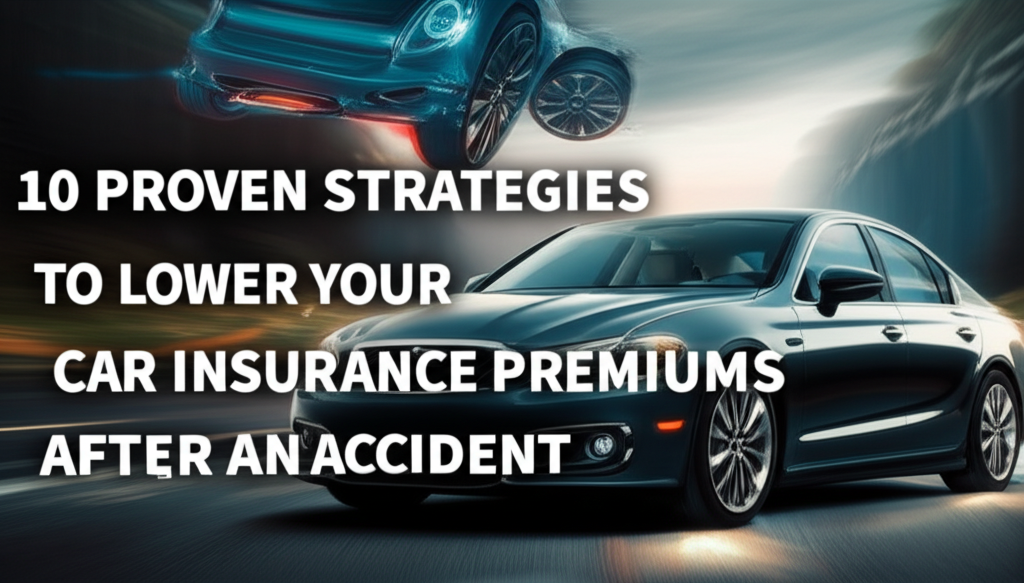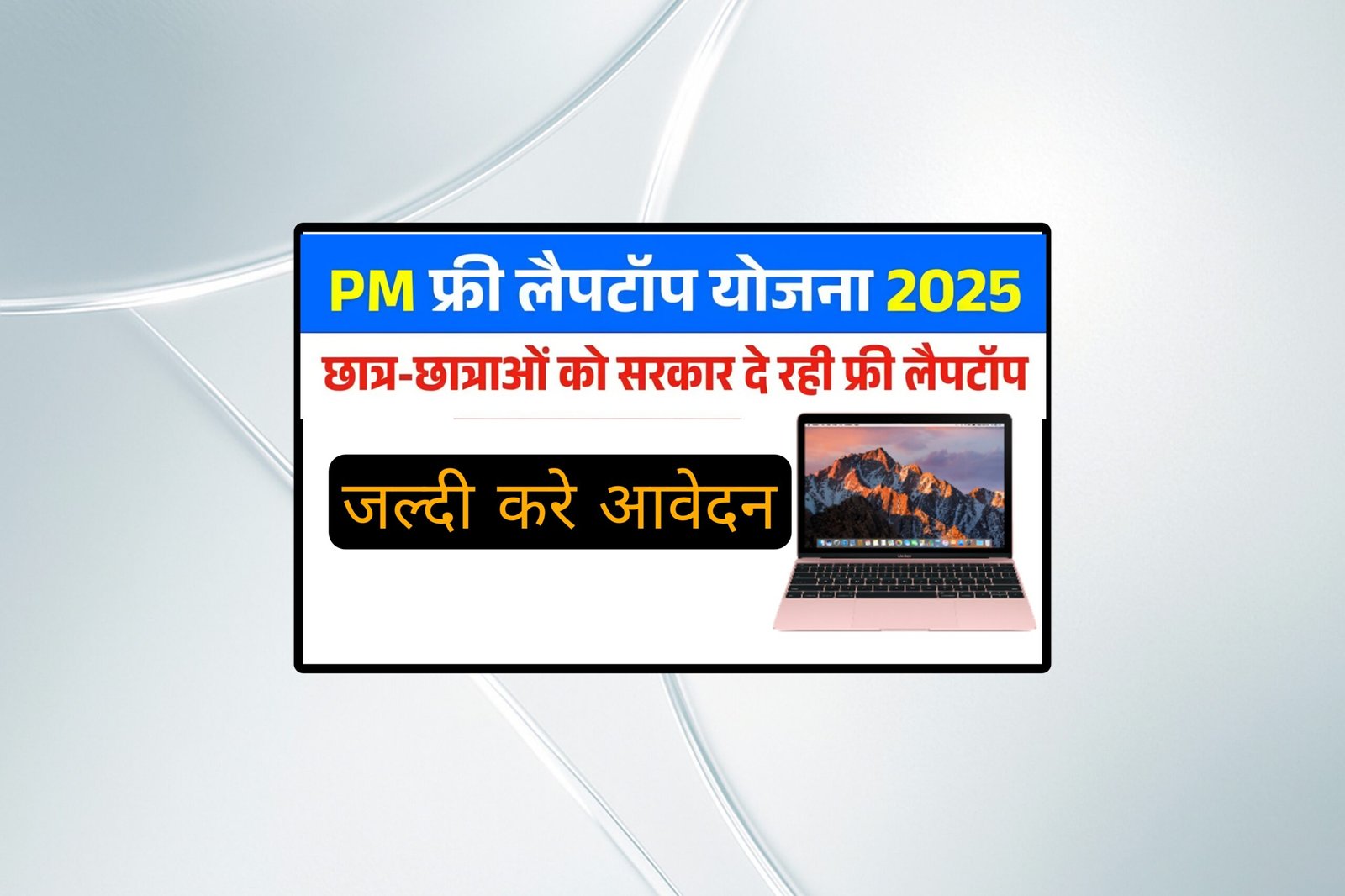Car accidents can be stressful and disheartening, but what’s even more daunting for many is the impact such an incident has on their car insurance premiums. If you’ve recently been in an accident, you might be wondering how to manage the financial repercussions that follow. Fortunately, there are proven strategies to lower your car insurance premiums after an accident, and I’m here to share those with you. In this article, we’ll explore ten effective methods that can help you regain control over your insurance costs.
Understanding how your premiums are calculated after an accident is crucial, as it empowers you to make informed decisions. Whether you’re a seasoned driver or a newcomer on the road, the tips I’ll provide will help you navigate this often confusing landscape. So, let’s dive into the strategies that can help you save money and reduce your insurance expenses!
Understanding Car Insurance Premiums
Before we discuss strategies to lower your premiums, it’s essential to understand what factors influence car insurance rates after an accident. Insurers typically consider several elements, including:
- Your driving record: A clean record generally leads to lower rates, while accidents can increase your premium.
- Type of accident: The severity and circumstances of the accident can affect how much your premium increases.
- Your location: Urban areas with higher traffic and accident rates often lead to higher premiums.
- Your vehicle: The make and model of your car can influence your rates, especially if it’s deemed high-risk.
By understanding these factors, you can better strategize on how to potentially lower your premiums post-accident.
1. Shop Around for Better Rates
After an accident, it’s wise to compare quotes from different insurance providers. Many people stick with their current insurer out of habit, but you might find better rates elsewhere. Use online comparison tools or consult with an insurance broker to get multiple quotes quickly. Even a slight difference in premiums can lead to significant savings over time.
2. Increase Your Deductible
If you’re willing to take on more of the financial risk in the event of another accident, consider raising your deductible. A higher deductible typically lowers your premium. However, ensure that you can afford the deductible amount in case of an accident, as this is the out-of-pocket cost you’ll have to pay before your insurance kicks in.
3. Take Advantage of Discounts
Many insurers offer various discounts that you may not be aware of. Here are some common ones:
- Safe driver discounts: If you complete an approved defensive driving course, you might qualify for a discount.
- Bundling discounts: Consider bundling your car insurance with other policies (like homeowners or renters insurance) for a lower rate.
- Low mileage discounts: If you drive less than average, you may qualify for a lower premium.
Check with your insurance provider to see what discounts you might qualify for after your accident.
4. Maintain a Good Credit Score
Believe it or not, your credit score can impact your car insurance premiums. Insurers often use credit scores as a factor in determining rates because statistically, individuals with higher credit scores tend to file fewer claims. If your credit score has improved since your accident, reach out to your insurer to see if you qualify for a lower rate.
5. Consider Usage-Based Insurance
Usage-based insurance programs track your driving habits through telematics devices or apps. If you demonstrate safe driving behavior, you might be eligible for discounts. This option is worth exploring, especially if you drive less frequently or have a safe driving record outside of the recent accident.
6. Review Your Coverage
After an accident, it’s a good time to reassess your coverage needs. You might find that you have coverage that you no longer need or that you could reduce coverage on older vehicles. For instance, if your car is older and has depreciated in value, you might consider dropping collision or comprehensive coverage. Make sure to balance cost savings with adequate protection.
7. Pay Your Premium Annually
If possible, paying your premium in full annually rather than monthly can save you money. Many insurers offer a discount for policyholders who pay upfront. Additionally, monthly payments often come with financing fees, which can add up over time.
8. Ask About Accident Forgiveness Programs
Some insurance companies offer accident forgiveness programs that prevent your first accident from impacting your premium. If you have been a loyal customer with a clean record prior to the accident, inquire if your insurer has such a program. This could save you a lot of money in the long run.
9. Take Defensive Driving Courses
Completing a defensive driving course not only makes you a safer driver, but many insurers also offer discounts for taking such courses. These classes can often be completed online and may only take a few hours. Not only will you potentially lower your premium, but you’ll also gain valuable skills to keep you safe on the road.
10. Review Your Policy Regularly
Lastly, make it a habit to review your policy annually, regardless of whether you’ve had an accident. Life changes—like getting married, moving, or even changing jobs—can affect your insurance needs. Regular reviews can help ensure you’re getting the best rate possible.
Frequently Asked Questions
What should I do immediately after an accident?
Immediately after an accident, ensure everyone’s safety by checking for injuries. Call emergency services if needed. Document the scene by taking photos and gathering information from other drivers and witnesses. Finally, notify your insurance company as soon as possible to begin the claims process.
How long will an accident affect my insurance premium?
An accident typically stays on your driving record for three to five years, depending on your state and insurer. During this time, you might see an increase in your insurance premiums. However, implementing the strategies discussed in this article can help mitigate those costs over time.
Can I switch insurance companies after an accident?
Yes, you can switch insurance companies after an accident. In fact, it’s often recommended to shop around for better rates. Just be mindful that the new insurer will likely consider your accident when determining your premium, but you might still find better options.
Is it worth filing a claim after a minor accident?
This depends on several factors, including the cost of repairs versus your deductible and how the claim might impact your premium. If the repairs exceed your deductible, it may be worth filing a claim. However, if it’s a minor issue, you might want to pay out of pocket to avoid a possible rate increase.
How can I lower my premium if I have multiple accidents?
If you have multiple accidents, it may be more challenging to find low premiums. However, the strategies discussed—like increasing your deductible, taking defensive driving courses, and regularly reviewing your policy—can still help you lower costs. Additionally, maintaining a clean driving record moving forward is essential.
What is an insurance score?
An insurance score is a number that insurance companies use to assess the risk of insuring you. It’s influenced by your credit score, claims history, and driving record. A higher insurance score typically results in lower premiums, so improving your credit and maintaining a clean driving record can help improve this score over time.
Conclusion
Accidents can be daunting, and their aftermath may seem overwhelming, especially concerning rising car insurance premiums. However, by employing these ten proven strategies, you can not only lower your premiums but also regain confidence in your financial decisions. Remember to shop around, take advantage of discounts, and regularly review your policy to stay on top of your insurance needs.
Ultimately, taking proactive steps today can lead to significant savings tomorrow. Don’t hesitate to reach out to your insurer or an insurance broker to clarify any questions and ensure you’re getting the best deal possible. If you’ve found this article helpful, share it with friends or family who might also benefit from these insights. Together, we can navigate the complexities of car insurance and emerge more informed and financially savvy!







Leave a Reply